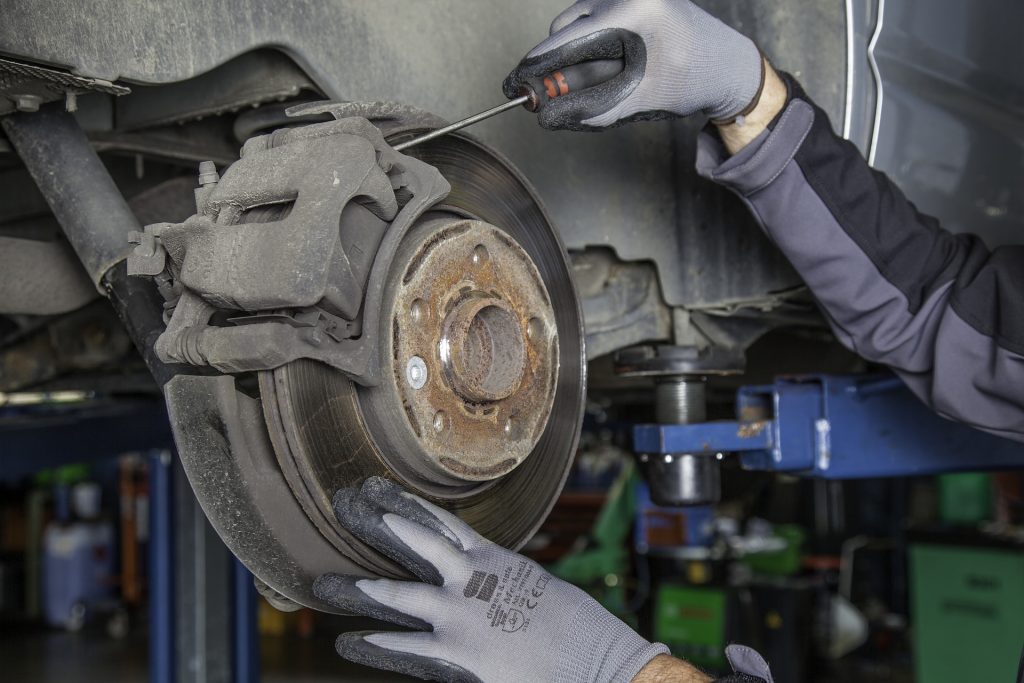In this edition of Grammar Corner, we discuss some of the most widely used grammar errors in the English language. We don’t just correct you, though; we pinpoint exactly why a particular word/phrase/idiom is used incorrectly, while providing the context for each mistake, and then providing the right word/phrase/idiom.
Most of the time, a grammar error occurs because of homophones. Homophones are two words that sound exactly the same, but mean vastly different things. But it’s not just their meaning that’s different; homophones can also function as vastly different parts of speech.
Here, we’ll discuss a common grammar mistake: brake vs. break. As with other homophones, brake and break are spelled remarkably similar, and are pronounced the same exact way, which is why so many people confuse one for the other.
When to Use Break

The word ‘break’ is usually used as a verb, and, depending on context, could mean various things, such as to describe separating a thing into parts suddenly (as in, to break something in half), to violate or transgress (as in, break the law), to force entry (as in, break into a house), and so on and so forth.
Examples of Break as a Verb:
I was so mad, I broke my keyboard in half! –break as in to separate into parts
The newcomer broke the champion’s winning streak –break as in to interrupt a continuity, sequence, or course.
Because he had broken multiple trading laws, the CEO is going to jail for a very long time. –break as in to violate or transgress
You need to keep performing so you can break into the entertainment industry. –break as in to force entry into.
When to Use Brake

The brake vs. break argument is extra confusing to some people because both words can operate as verbs. However, the word “brake” refers to both the noun (i.e. a device that stops moving vehicles) and the verb (i.e. the action of slowing down or stopping a vehicle using a brake).
Examples of Brake as a Noun
My brakes need some maintenance.
It’s not just cars that have brakes; even vehicles like airplanes have brake systems on their wheels. But not horse-drawn carriages, that’s just ridiculous. –brake as in the device
Examples of Brake as a Verb
Don’t be that guy who brakes hard in the middle of a highway.
Dad braked to avoid that milk cart that ‘came out of nowhere’.
The bus braked to a full stop when that old lady suddenly crossed the street.
Please brake at stop signs.
‘I only brake for animals!’ he said, before the police took him away.
We braked too hard and our wheels locked. I should have gotten ABS!
So Which Do I Use: Brake or Break?
Always remember: ‘brake’ can mean either to stop a vehicle or the device you use to stop that vehicle. Meanwhile, to ‘break’ can mean multiple things, from separating pieces suddenly, violating a law or rule, to interrupt a series of events, to force entry, and so on and so forth.
‘Brake’ is often used in connection to a vehicle; anything else beyond that and you most likely mean to use the word ‘break’. Remember: brake to stop, break for everything else.
















